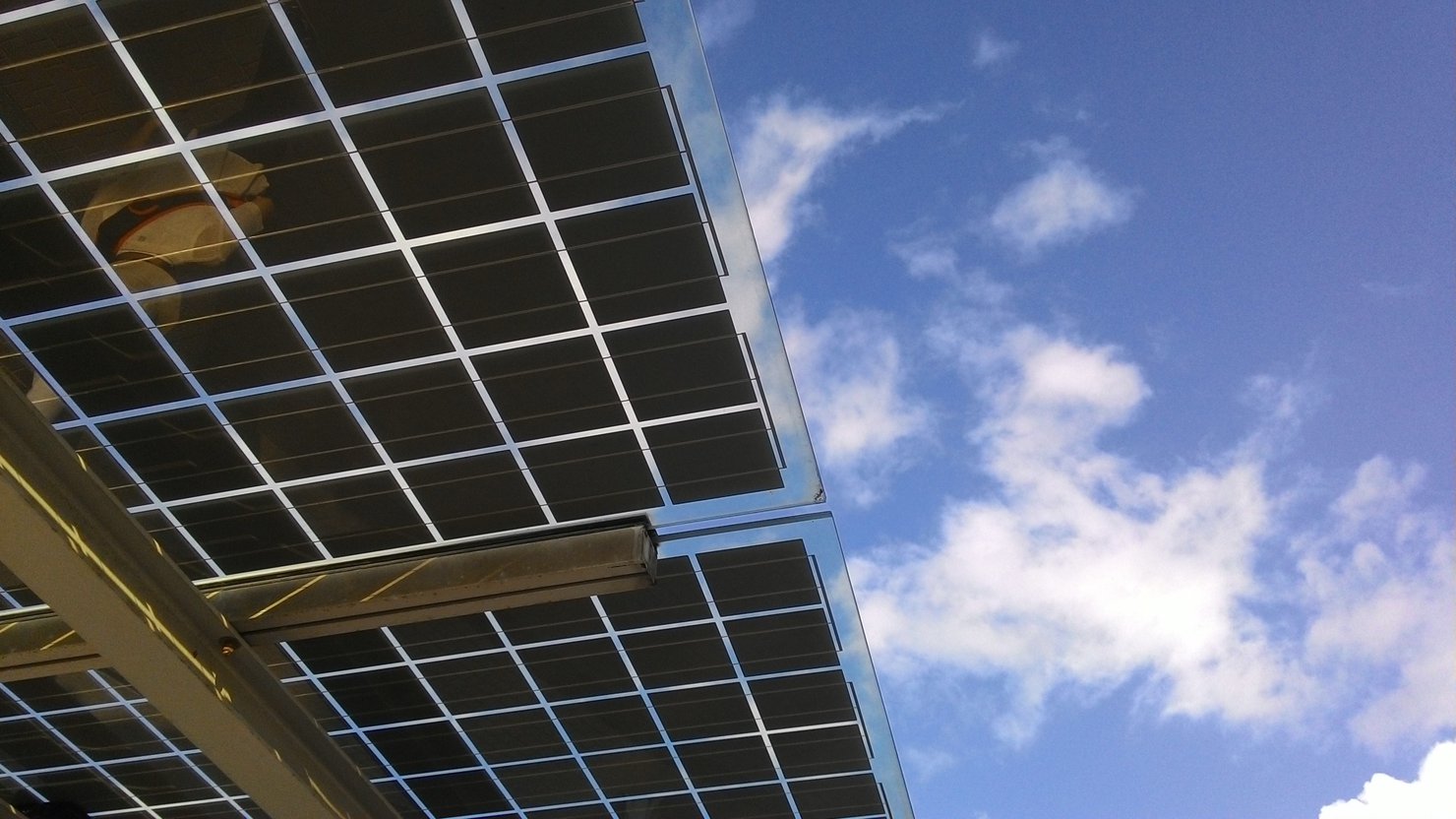Each week, we’ll be compiling the most relevant news stories from diverse sources online, connecting the latest environmental and energy economics research to global current events, real-time public discourse, and policy decisions. Here are some questions we’re asking and addressing with our research chops this week:
What would a fracking ban mean for the United States?
Several presidential candidates have proposed bans on the practice of hydraulic fracturing, commonly known as fracking. Senator Elizabeth Warren has been a notable advocate, saying she would block new federal oil and gas leases on her first day in office and ban fracking nationwide on both public and private property. Meanwhile, in Florida this week, the Senate Environment and Natural Resources Committee approved a bill which would ban all fracking in the state, pushing the bill further along in the state legislature. And in a major win for anti-fracking activists in the UK, Prime Minister Boris Johnson’s government announced a temporary ban on fracking amid concerns over earthquakes and pollution risks.
This week at RFF, we’ve been digging into the role fracking plays on our national political stage. Following the recent launch of our Candidate Tracker data tool, our latest episode of Resources Radio explores how the candidates have been talking about fracking policies. In the episode, Kristin Hayes and Daniel Raimi discuss what a US fracking ban would look like, how it would impact our environment and economy, and what leverage the president might actually have in regulating the industry.
Related research and commentary:

Are electricity providers prepared for the future challenge of providing reliable power from renewable-dominated grids?
With California utility PG&E having cut power to more than 500,000 homes statewide over the past few weeks in response to major wildfires, questions about grid resilience and modernization have become all the more pressing. These events have led to focused coverage on the reforms necessary to make California's aging electric grid safer and more resilient. One possible solution: renewable energy and microgrids could offer a pathway to a lower-emitting, more reliable and resilient electricity system that is better equipped to deal with the threat of wildfire.
Last week, RFF’s Kathryne Cleary and Karen Palmer considered similar questions in a Common Resources blog post, “Planning for Resilience in a Renewable-Dominated World.” Cleary and Palmer suggest that states with high renewable goals would benefit from increased resilience research and efforts to improve grid resilience in the long term, particularly as states grapple with the possibility of facing increased risks due to climate change and rare weather events.
Related research and commentary:

Can climate litigation drive progress in fighting climate change?
A flurry of prominent lawsuits have tackled climate change in the courts over the past several months. This week, the Supreme Court heard arguments for County of Maui v. Hawaii Wildlife Fund, a high-profile case raising important legal questions about the scope of the Clean Water Act. Honolulu officials are following suit, having announced Tuesday that they plan to sue fossil fuel companies, aiming to hold them “accountable for the costs and consequences” of climate change. Meanwhile, a lawsuit against Exxon, one of the first of several cases going to trial to hold major oil companies liable for climate change, is expected to wrap up this week. The case was filed by the New York Attorney General and accused Exxon of misleading investors about the true cost of climate change.
Another noteworthy use of climate litigation is occurring worldwide, as teenagers from the United States, the Netherlands, Pakistan, Ireland, and Germany are suing governments and the fossil fuel industry. This increasingly popular tactic was featured in a recent Resources article that sampled from RFF Board Member Daniel Esty’s forthcoming book, A Better Planet: 40 Big Ideas for a Sustainable Future. Esty collaborated with a wide range of experts to share innovative solutions and ideas for tackling climate change. One of those ideas, from Paul Rink, points toward the potential of youth climate litigation and the unique ways these lawsuits are making connections between climate change and human rights. Rink cites young US plaintiffs’ argument that “the federal government violated their constitutional rights to life, liberty, and property by actively perpetuating a fossil-fuel-based energy system that causes climate change.”
Related research and commentary:







